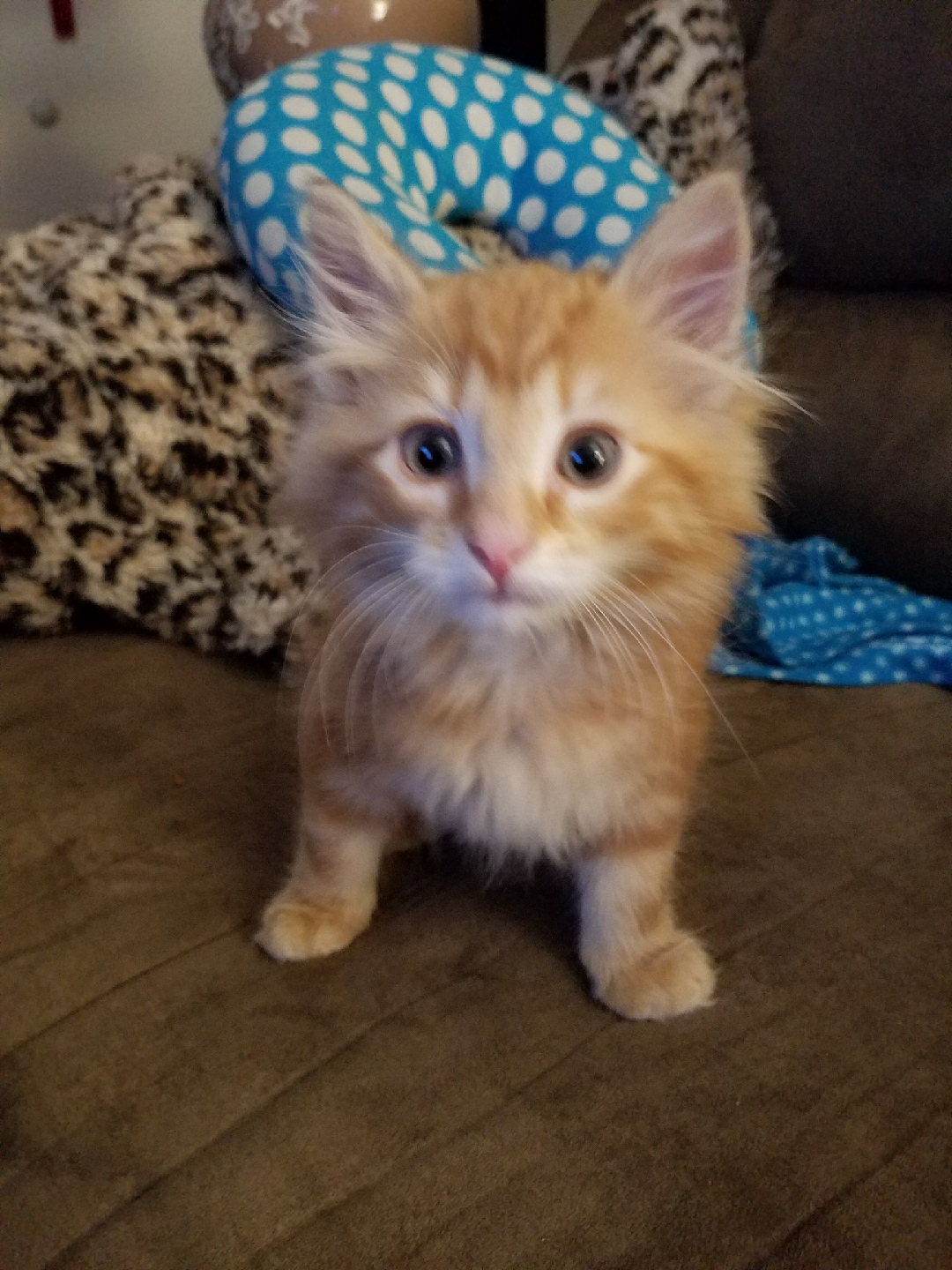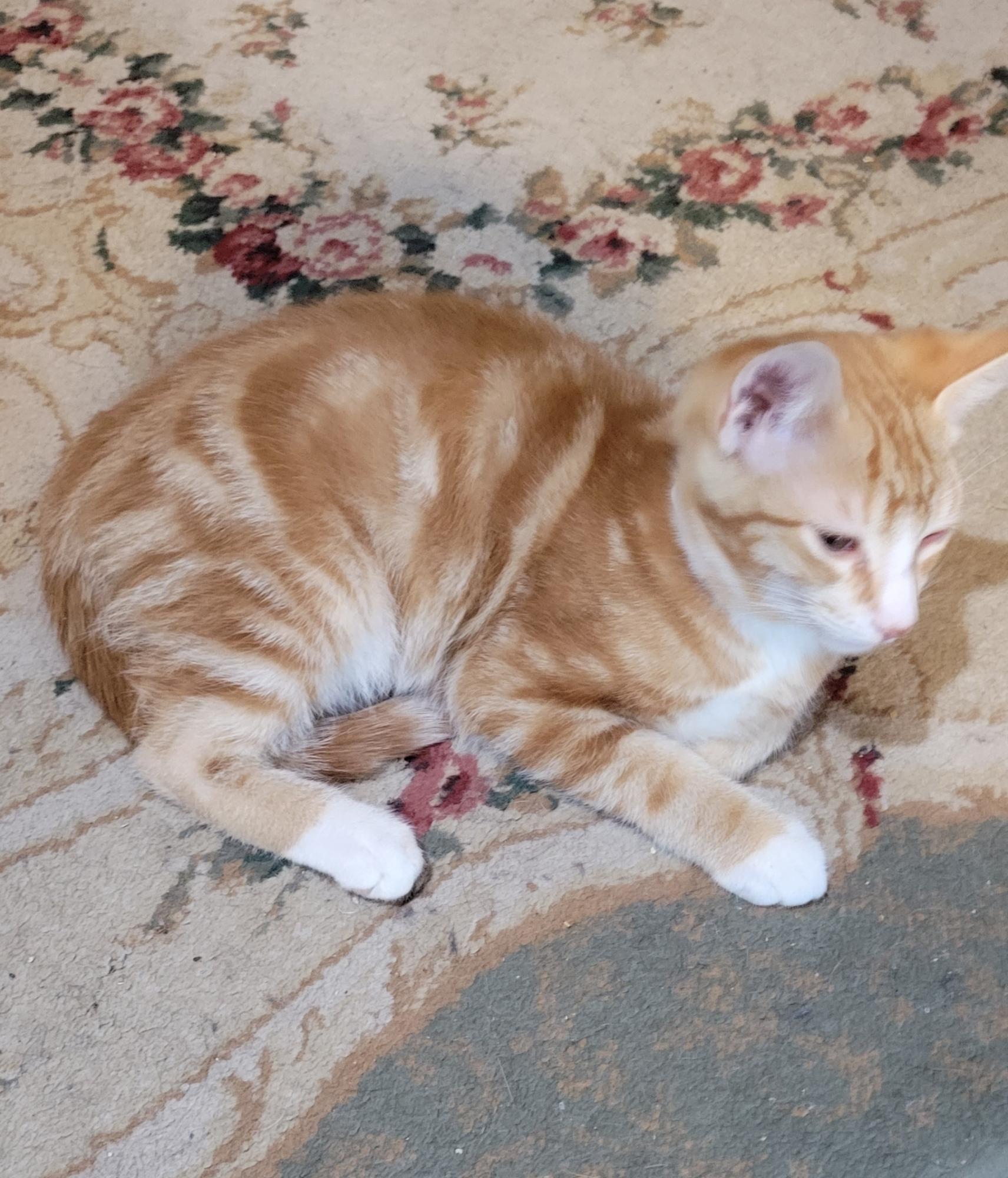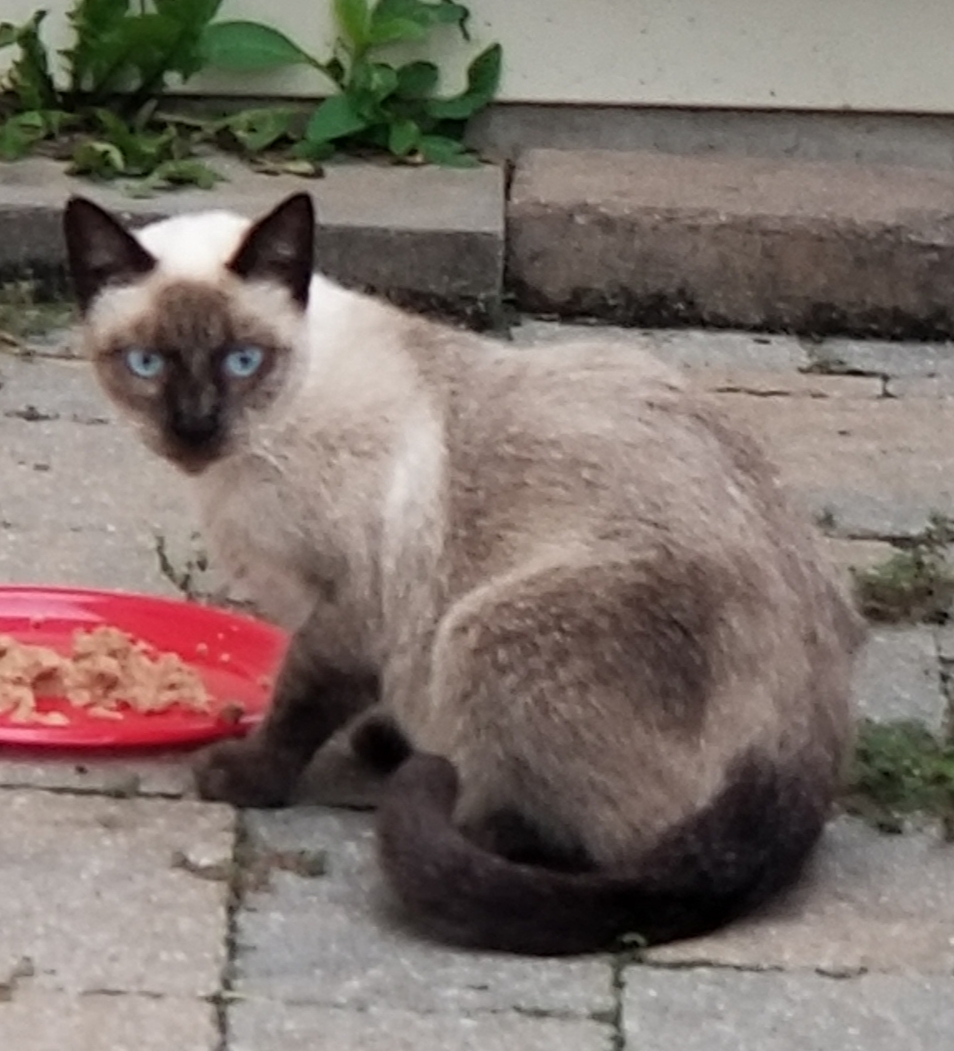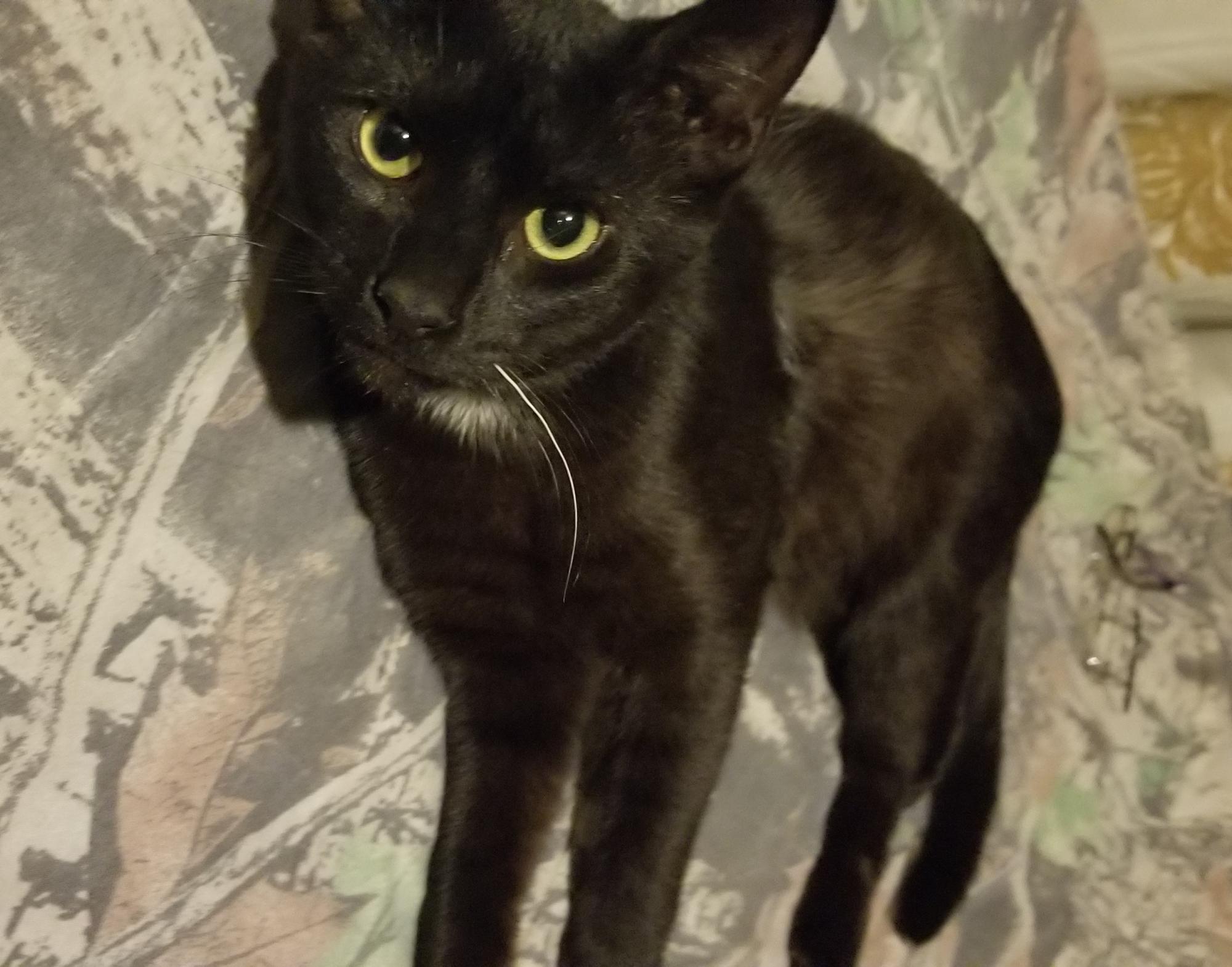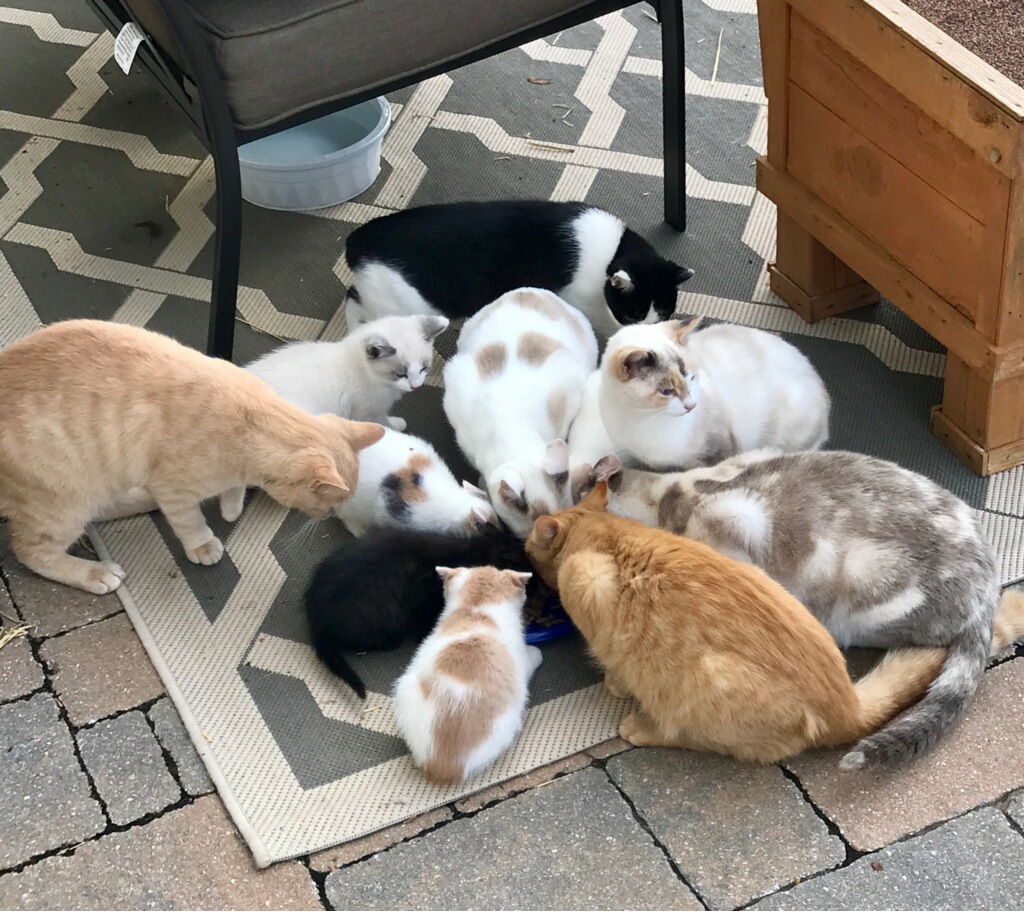Humane Caring Tips:
LoveAble Ferals Supports Banning - Declawing in The State of Pennsylvania
TIMES UP! Ending an inhumane practice - "Claws are an Integral part of a cat's life....Declawing is a painful and permanently crippling procedure that should not be practiced" Donate Now to help us end declawing in Pennsylvania.
Onychectomy the clinical name.
The cat's claw is not a nail as is a human fingernail. Declawing is an amputation; it is not merely the removal of the claws. To declaw a cat, the veterinarian cuts off the last knuckles of a cat's paw -- cutting through bone, tendons, skin, and nerves. In a person, it is equivalent to amputating each finger or toe at the last joint. To remove the claw, the bone, nerve, joint capsule, collateral ligaments, and the extensor and Flexor tendons must be amputated. Thus declawing is not a "simple", single surgery but 10 separate, very painful amputations -- 20 if the back claws are included. Unless there are real medical issues affecting the animal, such as a cancerous tumor etc. these methods are very cruel and inhumane, there is no benefit to the cat. Many vets and clinic staff deliberately misinform and mislead clients into believing that declawing removes only the claws and clients are left with the impression that the procedure is a "minor" surgery. Your veterinarian has an obligation to educate you as to the nature of the procedure, the risks of anesthesia and surgery, and the potential for serious physical and behavioral complications, both short - and long-term. The rate of complication is relatively high compared with other so-called routine procedures.
For a more thorough explanation of the effects of declawing, we highly recommend an overview by Jean Hofve D.V.M.
At HTTP://bit.ly/28X3KiJ (a word of caution: The photos can be disturbing).
Cats are stoic creatures, and typically conceal pain or illness until it becomes overwhelming. With chronic pain, they simply learn to cope with it. Their behavior may appear "normal," but a lack of overt signs of pain does not mean that they are pain-free many suffer in silence. Sadly the consequence of declawing are larger than many people realize. Declawing does not keep cats in homes. Declawed cats no longer have thier primary defense mechanism and many turn to biting and avoiding the litter box, These are the top behavior reasons declawed cats are given to shelters. If the cat gets outdoors it will not be able to defend themselves.
Declawing is Currently Banned and Considered Unethical by Veterinary Professional Organizations in Many Areas Across the World * Australia * Austria * Brazil * Croatia * Germany * Ireland * New Zealand * Norway * Sweden * Switzerland * United Kingdom * Italy * California Cities (Los Angeles, San Francisco, Berkley, Beverly Hills, Burbank, Santa Monica, Culver City, West Hollywood) not a complete list. Just to name a few.
* Nova Scotia Bans Declawing -- December 12, 2017
* Denver Bans Declawing -- November 13, 2017
* New York Bans Declawing -- July 22, 2019
* New Jersey Bill to Ban Declawing in Session
* Pennsylvania Bill to Ban Declawing in Session Created by LoveAble Ferals
A few methods that work to prevent unwanted scratching: Keep claws trimmed this also helps where their nails will not get so long as to bed into the paws which is very painful for your cat to walk, and saves you a trip to the vet. It's important to work nail trimming into their routine, a positive activity and give them a treat afterwards with plenty of praise, most cats eventually tolerate or even enjoy having their nails trimmed on a regular basis - Provide scratching posts, there are many varieties we prefer sisal rope and wood for the posts sprinkle with catnip. We also like along with sturdy heavy scratching post the cardboard box ones too to put around the home with catnip on top. When your cat is using the scratchers praise him like you would your canine friend. Never hit or throw things this will only frighten or confuse him, positive reinforcement is everything, praise him. - Make sure to have plenty of safe toys for them to play with and try to set time aside to play with your cat, this helps bond with your cat and always call him by his name. - Cats are smarter than you think and can be trained. They learn from repetition, that is why praise and love work so well and are the preferred method. If you need help contact our behavior consultants at LoveAbleFerals@gmail.com Thank You
